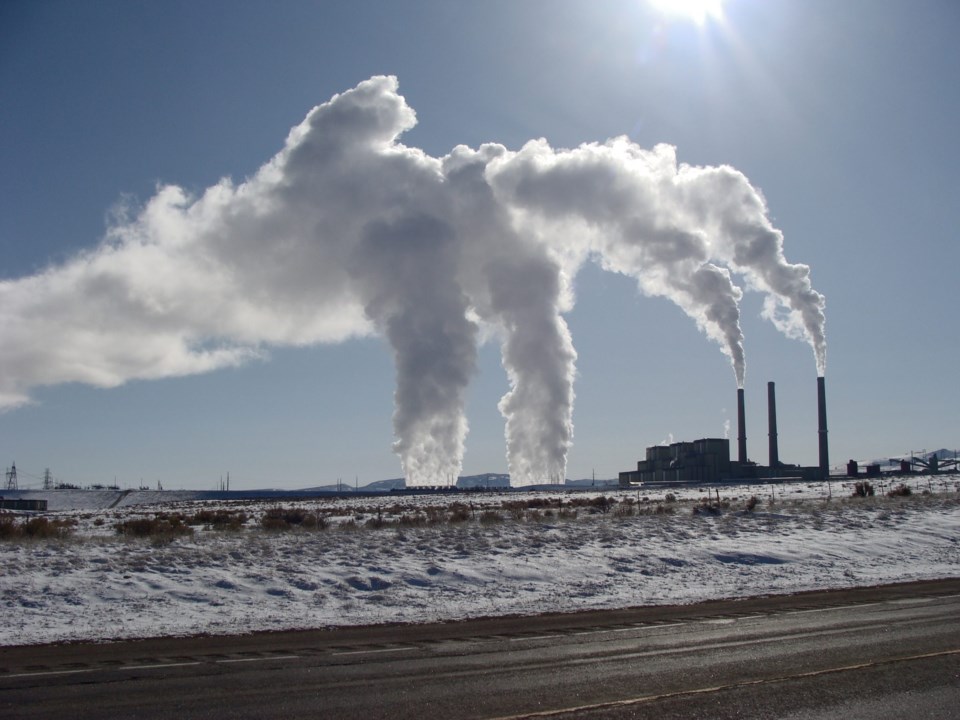DENVER -- Helping Colorado workers and the communities they live in transition away from coal could take more than a decade, and at least $100 million in state funding, according to a plan released this month by the state's Office of Just Transition.
Chris Markuson, director of Colorado state economic transition policy for the BlueGreen Alliance, believes the plan to ensure that workers and communities thrive after the age of fossil fuels shows what's possible when lawmakers think bold and big.
"Colorado's early recognition that a coal transition is happening," Markuson explained. "And pro-actively planning ahead is a model for other states and for the nation."
The Just Transition Action Plan also calls for a coordinated national response as coal is replaced by cleaner renewable sources to generate electricity, and Markuson said he's optimistic that Colorado's roadmap will be considered by the new Biden administration.
The plan is in sync with Gov. Jared Polis' goal of achieving 100% clean energy by 2040.
A new Yale University survey found 83% of Americans support a jobs program for former coal workers to safely shut down mines and restore natural landscapes.
Markuson noted creating good, family-sustaining jobs are key to the plan's success.
"Collective bargaining of benefits is really critical in this plan," Markuson emphasized. "And making sure that health care, pensions are at the center of what a good job looks like."
Colorado's plan aims to tap existing state resources to provide coal workers with a number of options that will meet their families' needs. They can elect to retire early, get training for a different career, or stay right where they are.
Markuson added coal miners have a unique skill set for work that will be vital after power plants go offline.
"Who better to do that remediation work, to put a natural ecosystem back in place, than the folks who really understand and know the details of how a mine works," Markuson concluded.


.jpg;w=120;h=80;mode=crop)
